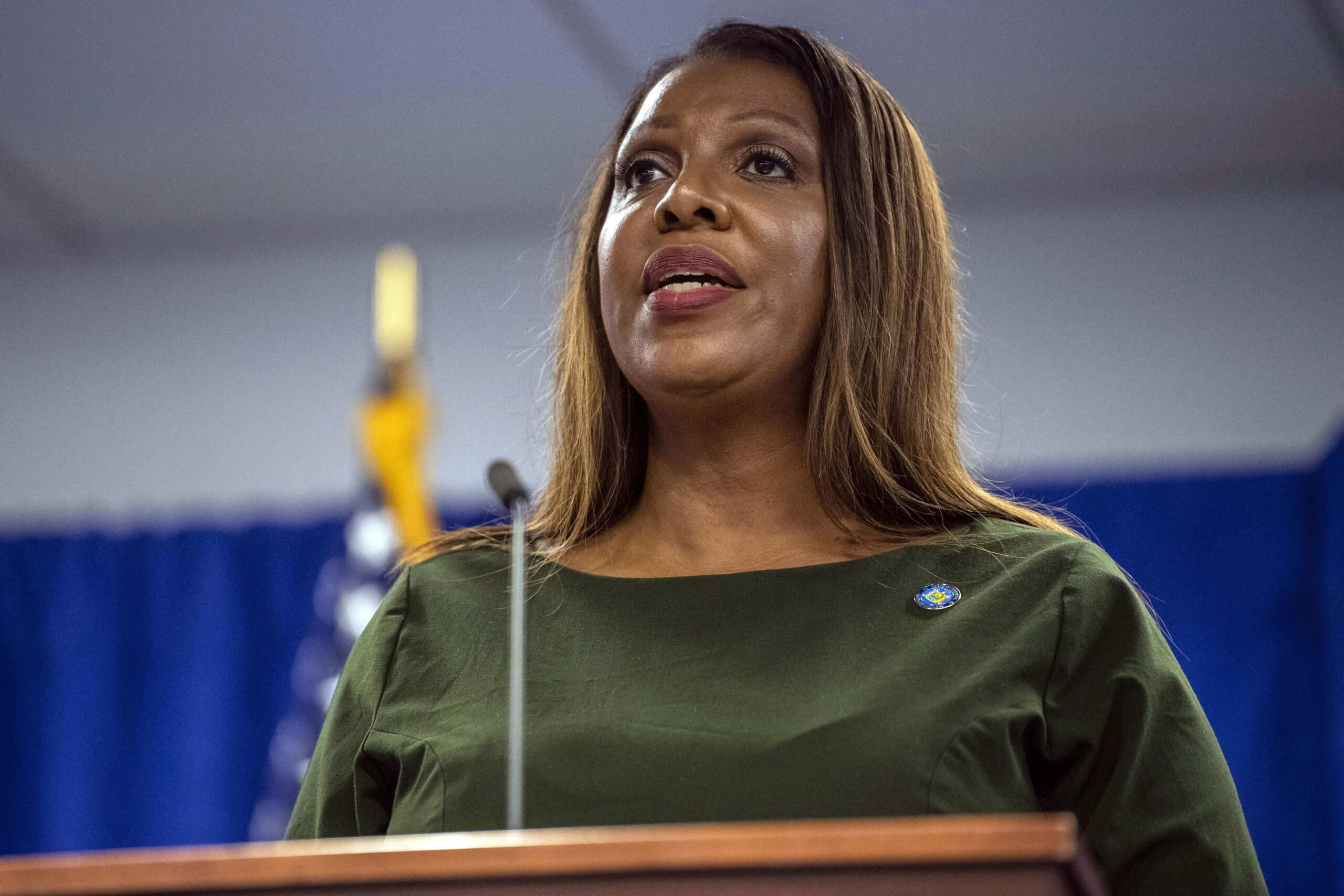Following $20 million settlements, NYPD reforms aim to end over-policing of peaceful protests

The NYPD’s history of unchecked aggressive policing during protests may be drawing to a close. On Tuesday, Attorney General Letitia James, in collaboration with the Legal Aid Society (LAS) and the New York Civil Liberties Union (NYCLU), announced a landmark agreement with the NYPD to revolutionize its protest management approach.
This agreement is a culmination of numerous lawsuits following the 2020 racial justice protests, where the NYPD was under fire for wrongful arrests and excessive force. Now, the city is committed to abandoning intimidation techniques and vowing to respect citizens’ First Amendment rights.
At the core of these changes is a four-tiered response system designed to prioritize protesters’ rights. This system inherently limits police numbers at protests, emphasizing de-escalation before escalating law enforcement actions. Escalation is only permitted in specific scenarios, such as obstructions to significant traffic routes, unlawful activities by protesters, or jeopardized public safety.